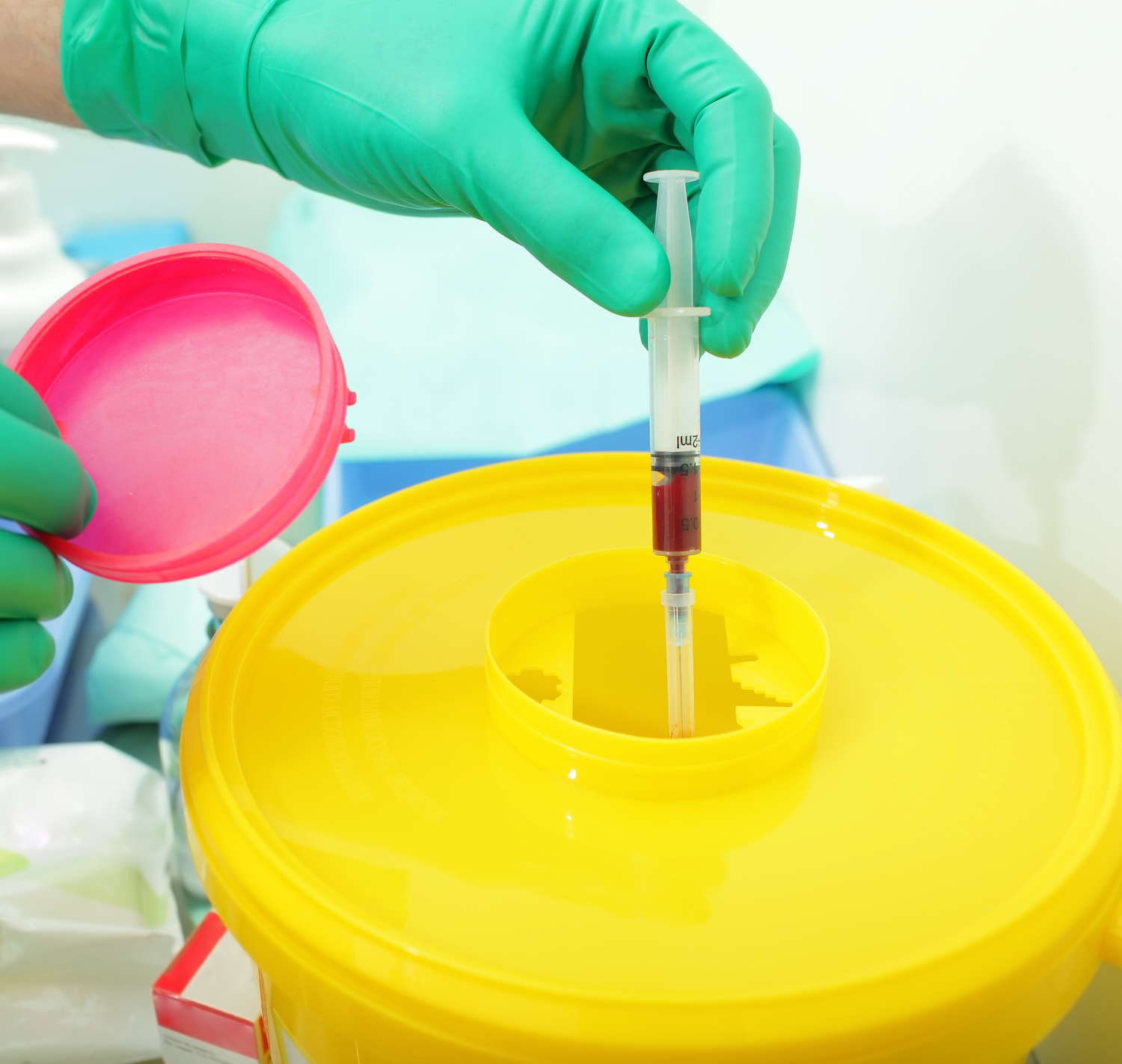
Safe Handling Practices for Medical Waste
The last time you got a flu vaccination at your doctor’s office, did you wonder what happens to the used syringe or cotton swab? Medical waste management is an often overlooked practice, however all types of medical facilities—from doctor’s offices to medical laboratories, hospitals to seniors homes, and from dental practices to veterinary offices—depend upon medical waste management firms to safely handle and dispose of everything from patient files, blood, medical chemicals, and even human waste.
Medical waste, if handled improperly, poses a serious risk to the public, which is why it must be handled and disposed of by a licensed medical waste handler, as regulated by the laws of the specific U.S. state. Here are the primary forms of medical waste and safety precautions for handling each type:
1. Radioactive type waste
Radioactive medical waste, as the name suggests, contains radioactive materials within. This category may encompass:
- Nuclear drugs (i.e., for diagnostic kidney screening)
- Nuclear therapies (i.e., for cancer treatment)
- Radioactive therapies (i.e., thallium stress tests for cardiac stress testing)
2. Hazardous waste
Although it’s not deemed “infectious”, the medical waste under the hazardous category can be very dangerous to the public if handled or disposed of improperly. Medical type waste that’s deemed hazardous includes:
- Sharps containers (i.e., unused syringes)
- Thermometers containing mercury
- Chemicals and solvents
- Lead paint
- Chemotherapy agents (i.e., alkylating agents like Carboplatin, Dacarbazine, etc.)
3. Infectious waste
Waste materials that fall under the Infectious category are considered dangerous because they pose a danger of infection to the environment, animals, and humans if mishandled or disposed of incorrectly. Infectious medical waste may include:
- Bloody swabs, dressings, and bandages
- Sharps waste (used syringes)
- Swab cultures
- Human body parts
- Surgical waste
4. General waste products
Just because it’s deemed general doesn’t mean this type of medical waste can be handled and disposed of without using a licensed medical waste hauler. While it’s not labelled hazardous in nature, it still requires privacy and proper handling. General medical waste may include the shredding of:
- Office waste
- Paper files
- Plastic waste


